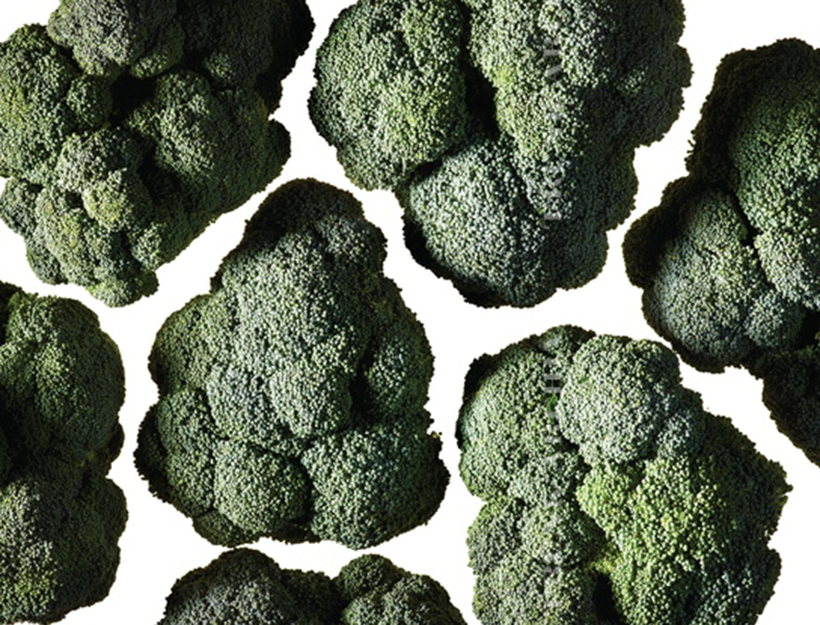
Candida overgrowth is an opportunistic condition caused by a host of factors. Since candida (yeast) grows naturally in the body, it is easy for this fungus to overgrow and disrupt the balance of bacteria in the gut. Many variables increase your chances of developing candida overgrowth, including stress, high-sugar diets, medications, and genetics. For some, caffeine and diet soda are the culprits.
Even though candida overgrowth is a persistent fungal infection, it can be treated. Although there are antibiotics that kill excess candida, people often develop antibiotic resistance. If they do not follow up correctly with the right blend of probiotics, they can disrupt the gut and cause the candida to come right back.
Approaches like holistic medicine strive to address candida without disrupting the balance of bacteria. Natural antifungals, including Candisol, are often prescribed by holistic medicine providers to kill the yeast. If you feel that you may have candida overgrowth, here is some more information on holistic treatment and the signs of candida:
Holistic Medicine Treatment
In addition to products like Candisol, holistic medicine practitioners prescribe probiotics such as spore-based probiotics that repopulate the gut while keeping candida in check. To prevent discomfort of candida die-off, holistic medicine providers may also prescribe digestive enzymes.
If you’re looking for “CANDISOL product from our web store”, you can visit the site.
1. White Patches On The Mouth
You may have candida overgrowth if you notice any white patches around your mouth or on your tongue. Fungal infections often occur in damp places, making the mouth a critical target for yeast overgrowth.
2. Frequent Urinary Tract Infections
If you suffer from recurring urinary tract infections, have issues like frequent urination, or pelvic pain, you may be suffering from systemic candida overgrowth. When candida gets into the digestive tract, it can affect the major organs, including the stomach and small intestine.
3. Recurring Yeast Infections
If you notice that you have recurring yeast infections, this may also suggest candida overgrowth. Since the fungal infection comes back, there is likely more in the body than can be tolerated in one spot. The yeast wants to thrive, so it takes up space where it can, hence the recurring yeast infections.
4. Ongoing Digestive Distress
Since healthy bacterial balance is disrupted by candida overgrowth, you may also notice problems with digestion. Symptoms include, but are not limited to bloating, gas, diarrhea, constipation, and cramps. It is less about the specific symptoms and more about the gut being in a state of distress. In these cases, candida may be the culprit. Check this article if you experience digestion problems while taking supplements: does thrive give you diarrhea.
5. Brain Fog And Fatigue
The toxic load that remains in the system of a person with candida overgrowth can lead to brain fog and fatigue. Carbs and sugars ferment in the gut, feeding the candida and making the sufferer feel trapped in a mental fog. If you experience this hangover-like effect, it may be candida.
Get Help Soon
You can work with a holistic medicine practitioner and take natural medications to heal from candida overgrowth. The sooner you pursue treatment, the sooner you’ll heal. Don’t wait to get help.